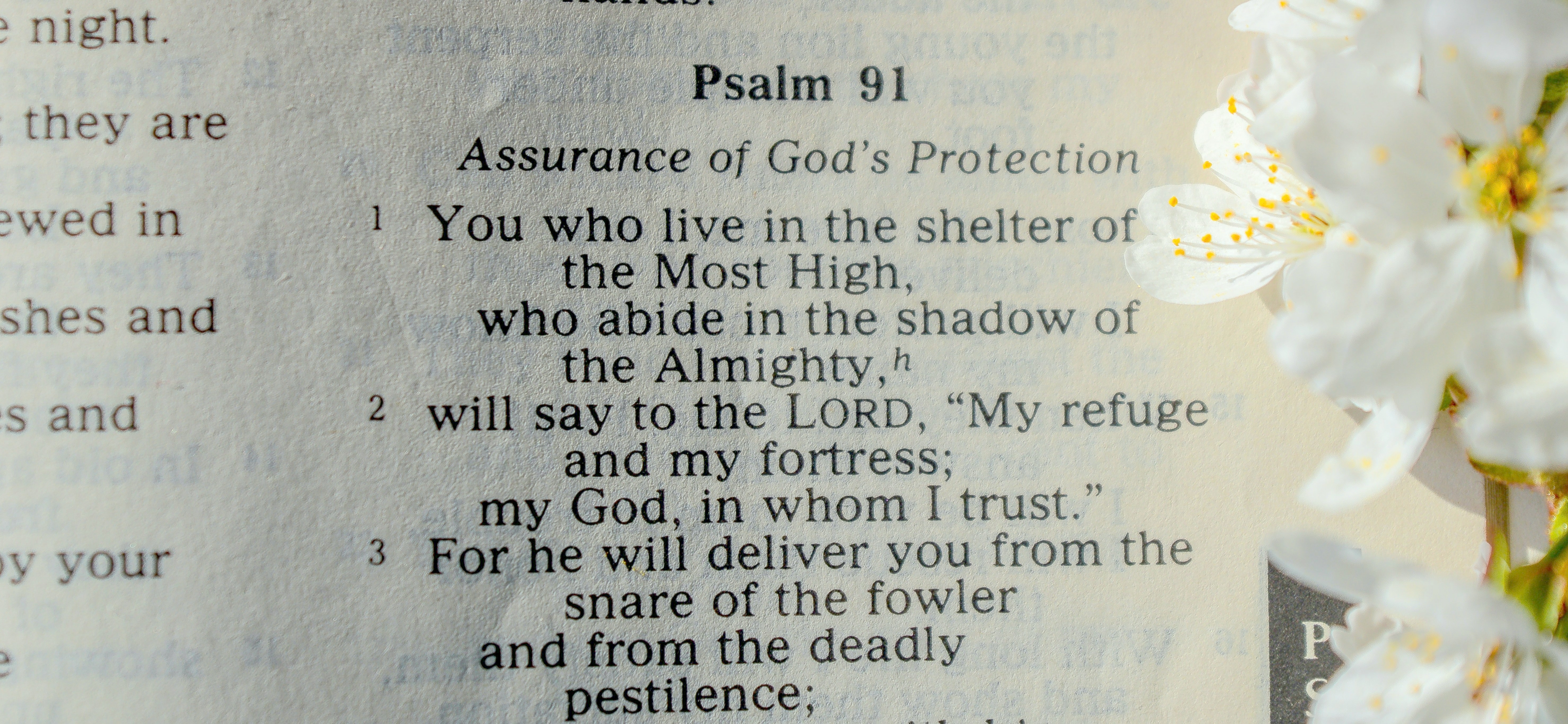In Hamlet, William Shakespeare wrote, “brevity is the soul of wit.” He was saying that it is best to use the fewest words possible to convey a point.

Simple and to the Point
In Hamlet, William Shakespeare wrote, “brevity is the soul of wit.” He was saying that it is best to use the fewest words possible to convey a point. Of course, we understand that the most profound “points,” especially, are worthy of extensive explanation and analysis. But, truth is basically simple. (2 Cor. 11:3) While some of the greatest writings are hundreds of pages long, truth, principles, maxims, and proclamations, among many other important things, can be summed up in just a few words.
The length of the Bible is daunting to many. Yet, Ecclesiastes condenses its message as simply, “Fear God and keep His commandments. For this is man’s all.” (12:13b) John highlights the purpose of his gospel account as, “…that you may believe that Jesus is the Christ, the Son of God…” (20:31a) While each of these truths is supported by a volume of words, respectively, their power is displayed with just a few.
Psalm 117 is the shortest chapter in the Bible: “Praise the LORD, all you Gentiles! Laud Him, all you peoples! For His merciful kindness is great toward us, and the truth of the LORD endures forever. Praise the LORD!” The shortest verse, in English, is, “Jesus wept.” (John 11:35) The shortest chapter exalts the Lord as the Sovereign Creator, while the shortest verse magnifies the human weakness and sensitivity of the Son of God. Mortal man isn’t capable of exhausting the depths of God’s mind. But, these few words frame the spectrum of His nature.
Even though the cup of understanding is never full, the weightiest matters can be summed up with few words. When I set my life under the revealing light of the following truths, what is revealed?
God is love. (1 Jn. 4:8)
God loves me. (Jn. 3:16)
Jesus is the Son of God. (Jn. 20:30, 31)
He died, because of my sin. (1 Pet. 2:24)
He was buried. (I Cor. 15:4)
He rose. (1 Cor. 15:4)
He reigns. (Matt. 28:18; Phil. 2:9)
I am lost in sin without Him. (Jn. 8:24; 14:6; 1 Cor. 15:17)
Where does my life stand, if I live out these simply stated actions?
I believe. (Jn. 3:16)
I’m sorry. (2 Cor. 7:10)
I repent. (Lk. 13:3)
I put on Christ in baptism. (Rom. 6:3)
I commit to Him. (Pr. 16:3)
I worship Him. (Rev. 22:9)
I forgive as He forgives. (Matt. 6:12)
I serve. (Jn. 13:12-16; 1 Cor. 4:1)
I love. (1 Jn. 4:11, 19)
I submit. (Jms. 4:7)
I die to self. (Matt. 16:24)
I give everything up. (Phil. 3:7, 8)
I work. (1 Cor. 15:58)
I study. (Ps. 1:2)
I seek Him first. (Matt. 6:33)
I persevere. (Rev. 3:10)
I teach. (1 Tim. 4:11)
I rescue. (Jms. 5:19, 20)
I obey. (2 Thess. 1:8)
I am faithful. (Rev. 2:10)
While many of these may be hard to do, they are not difficult to understand.
When I take on God’s plan for my life, His promises are simple.
He forgives. (Acts 2:38)
Jesus lives in me. (Gal. 2:20)
He exalts. (Matt. 23:12)
I live eternally. (Jn. 3:16)
-Cary Gillis D.Min.
September 1, 2019













